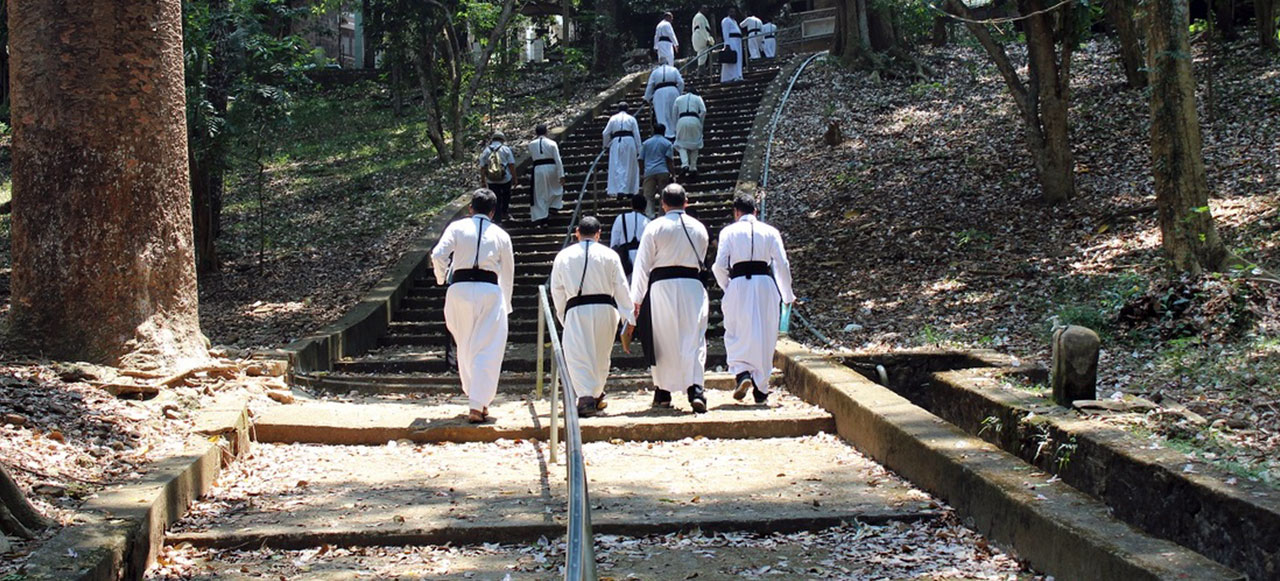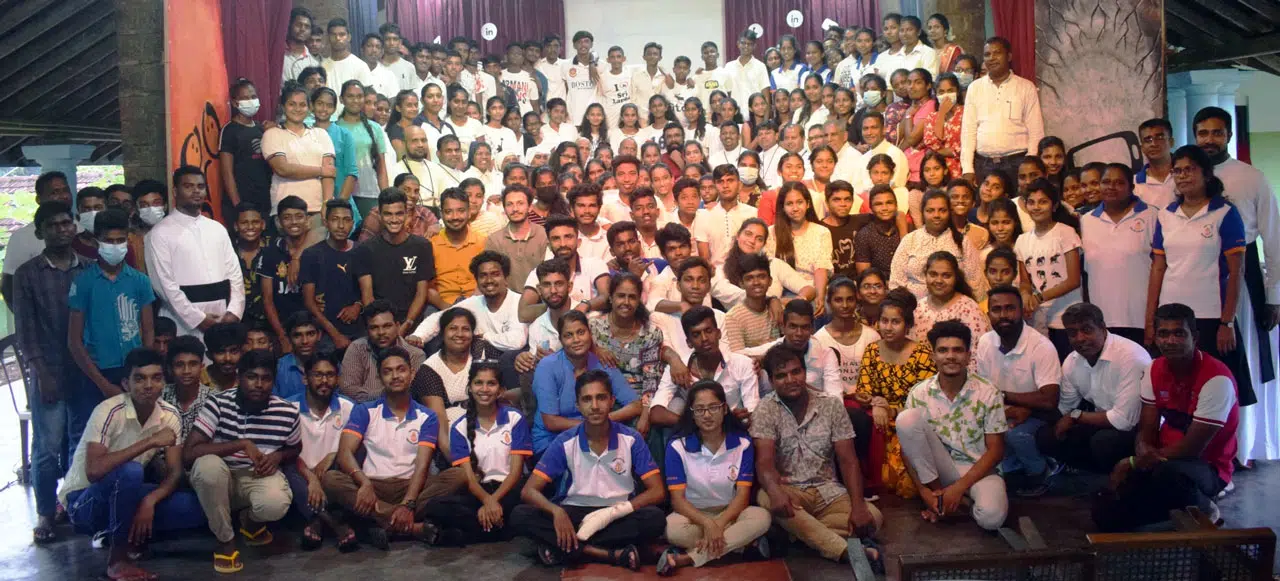GENERAL ADMINISTRATION
Andrzej Jastrzebski, OMI
From June 20 – 22, the General Administration in Rome organized an online session for directors and animators of ongoing formation from all Oblate Units. I was asked to represent our Unit. It should be recalled that the last two General Chapters have placed great emphasis on the importance of ongoing formation in our missionary renewal. The original plan was to hold a two-week programme in Aix-en-Provence, but due to the pandemic and travel restrictions, a shorter online programme was chosen as an option.
The purpose of this session, which brought together about 30 Oblates, was to share some reflections and tools regarding ongoing formation in view of its importance in the life and mission of the missionary-disciple and the role of ongoing formation directors and teams.
Apart from the time dedicated to conferences, we were able to listen to some concrete experiences of ongoing formation in the units and to exchange on how to improve the experiences of ongoing formation in our units.
Father Amedeo Cencini, an Italian from the Congregation of the Sons of Charity, was our resource person. He has a long experience in accompanying religious congregations in this field and he inspired us with a profound vision of ongoing formation.
He reminded us that life is the place of formation, the experience of each day, the daily fidelity to religious and missionary commitments. It is the whole of life, with the positive and negative aspects of our experiences, that continually forms us. It is the magisterium of life from which we must always be attentive and ready to learn.
Ongoing formation means being available to learn, to learn from the poor, from the experiences of life, from the events around us, from simple people. It is each Oblate who is responsible for his own ongoing formation and that of his confreres. However, the role of the director of ongoing formation and of leadership, at various levels, is to accompany this process and to ensure that not only is the community environment conducive to it, but that the various activities, programmes, meetings and places of sharing are made available to the members of each unit.
In short, we realise that as Oblate missionaries we must put ourselves in the school of life, learning to learn, with humility and simplicity. We are called to create a culture of ongoing formation.


